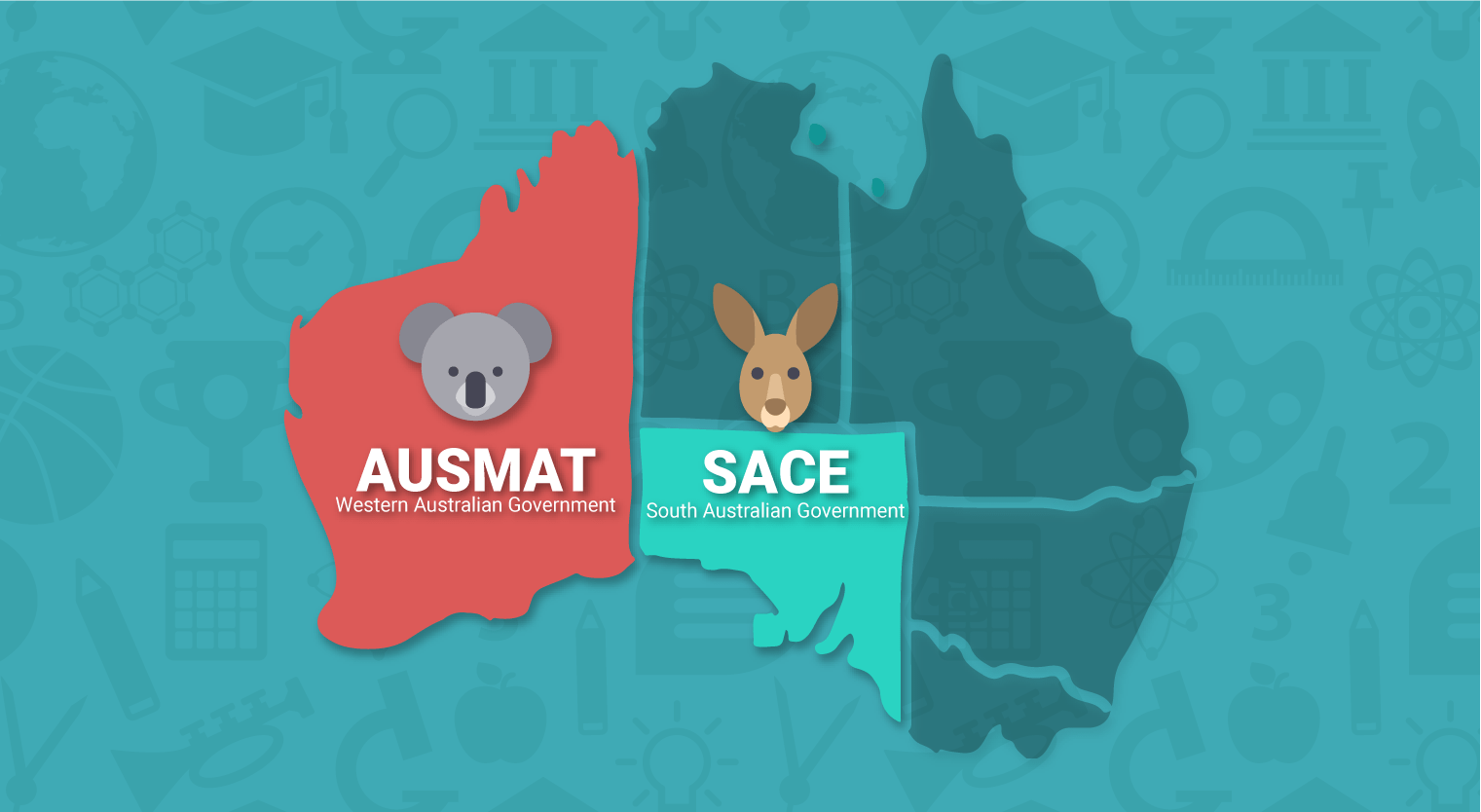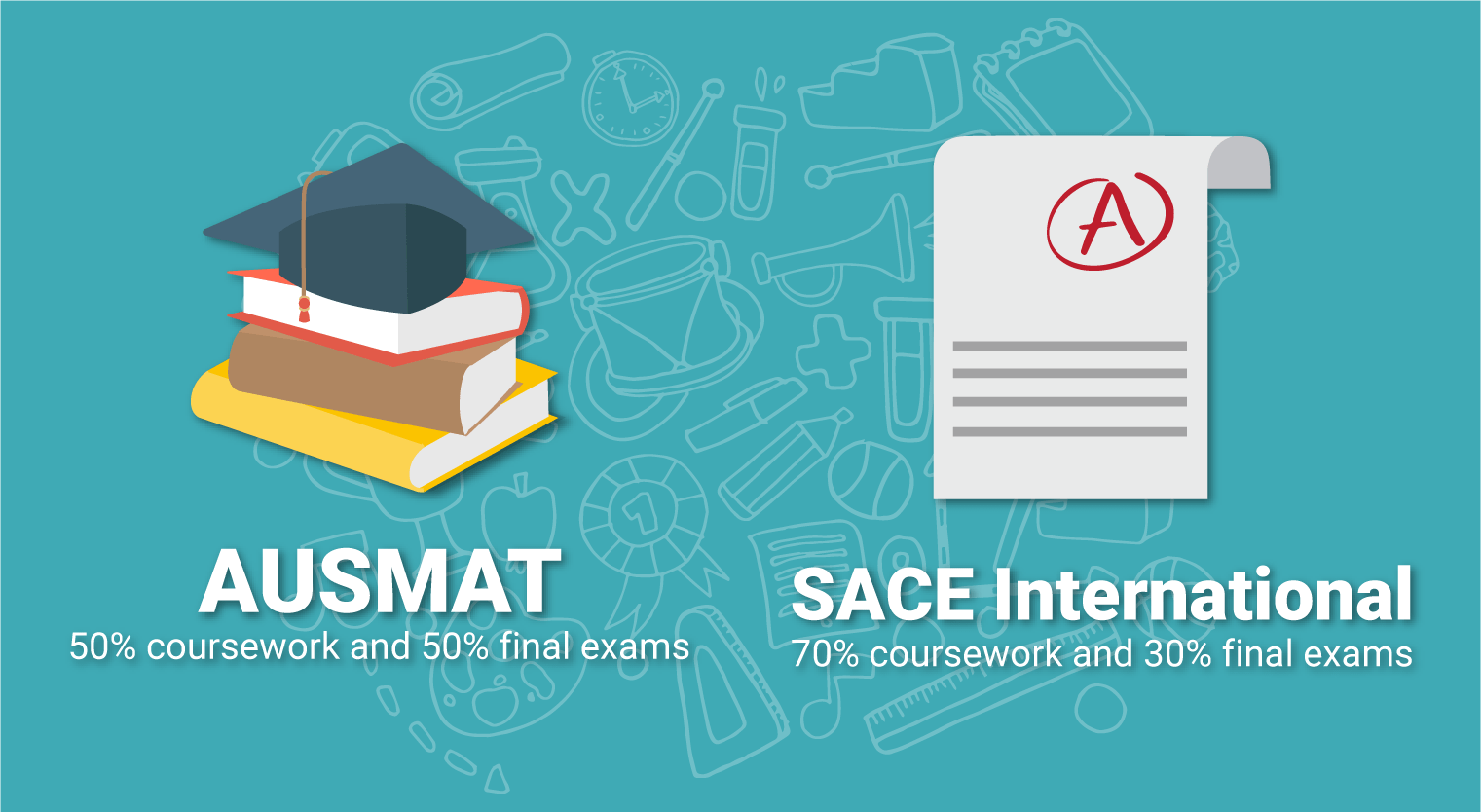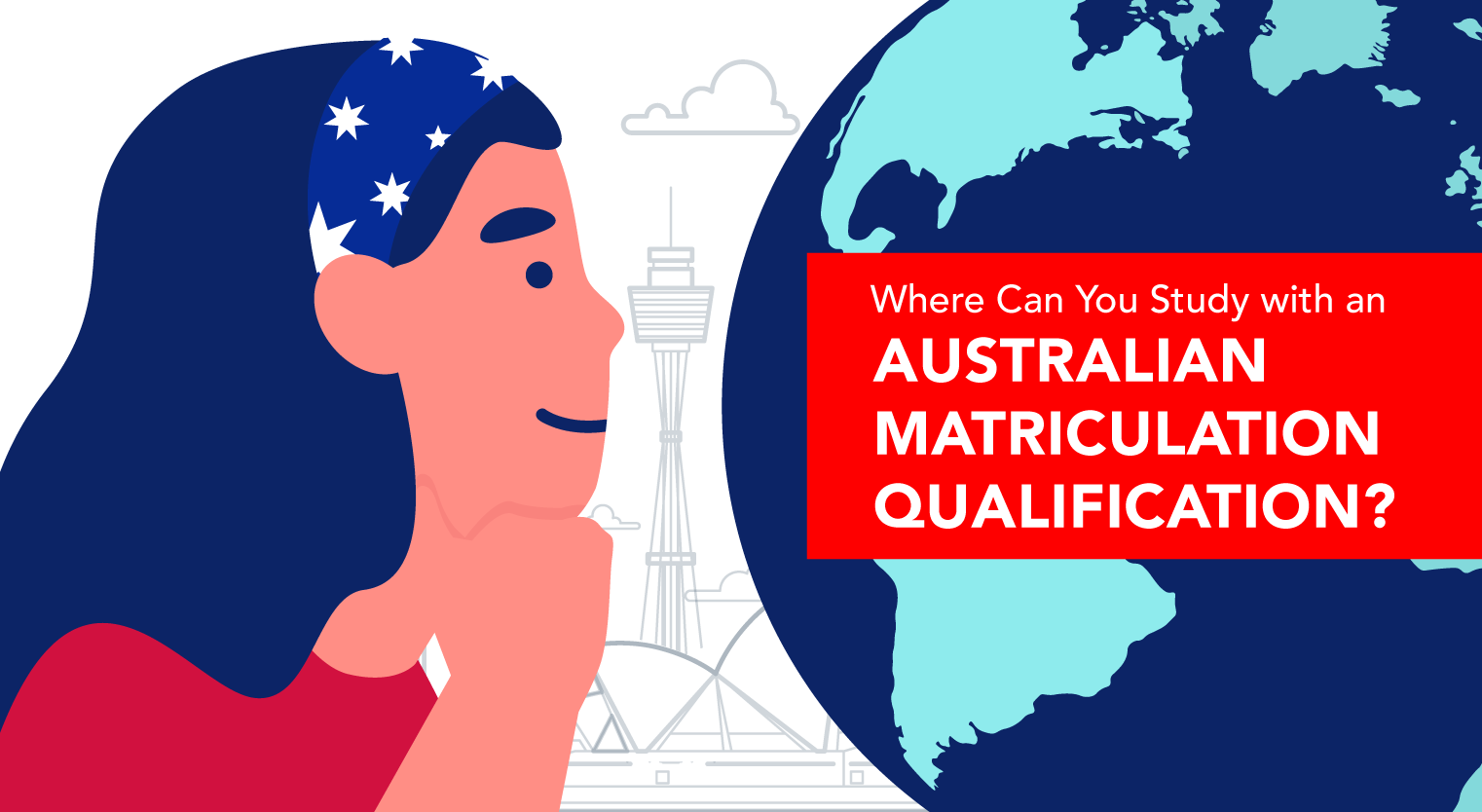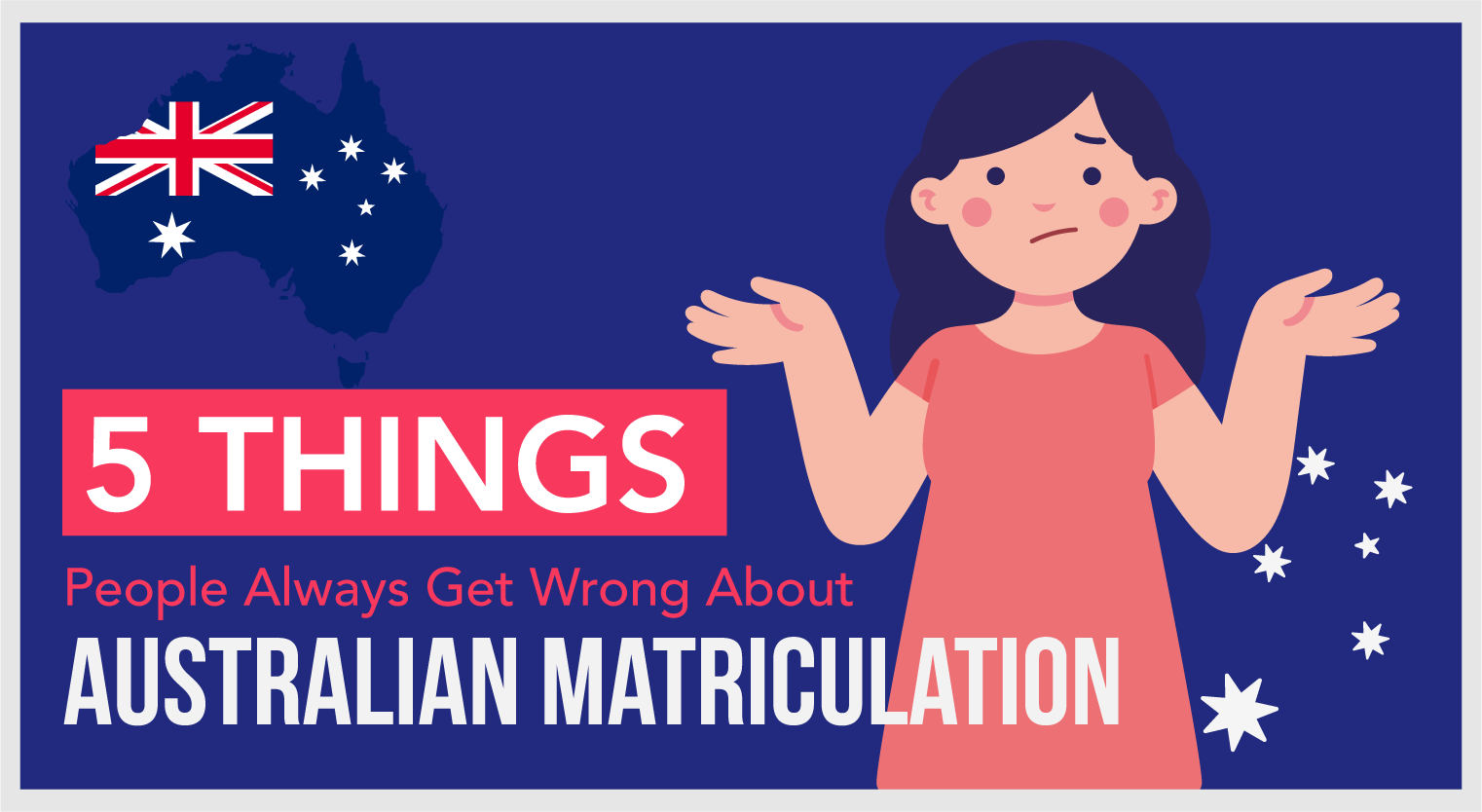AUSMAT vs SACE International: What’s the Difference?
What is AUSMAT and SACE International and are the they same thing? Find out all you need to know between these 2 courses.
Updated 22 Nov 2017

Aussie, Aussie, Aussie! Oi, oi, oi!
You might have stumbled across the Australian Matriculation programme while researching for a suitable pre-university course, but did you know that there are 2 major Australian Matriculation programmes offered in Malaysia?
One is the Western Australian Certificate of Education (WACE) (also known as AUSMAT) while the other is the South Australian Certificate of Education (SACE) International (also known as SACE International or South Australian Matriculation (SAM)).
So what are these programmes about and how do they differ?
In this article, we explore the similarities and differences to help you decide which suits you best!
How are they similar?
Both of these programmes have several things in common but here are the important ones you need to know.
#1. They’re both the same level of qualification as other pre-university programmes

You can pursue both AUSMAT and SACE International after SPM and both are at the same level of qualification as other pre-university programmes such as STPM, A-Level, Canadian Pre-University (CPU) and Foundation programmes.
What this means is that once you’ve successfully completed either AUSMAT or SACE International, you will be able to progress to a degree in university.
#2. Both programmes require you to take 5 subjects

Contrary to your SPM days where you may have taken up to 10 (or more) subjects, both AUSMAT and SACE International only require you to take 5 subjects. On top of that, you’ll have the flexibility to choose subjects from both science and arts.
It is worth noting that both AUSMAT and SACE International are very similar in terms of syllabus, and neither is harder nor more prestigious than the other.
#3. Your results are not tied down to a single exam

Both programmes involve coursework and exams, which means you’ll be required to work consistently to maintain your good grades. Some of your coursework might include projects, assignments, quizzes and tests based on the 5 subjects you have chosen.
Since both programmes have a combination of coursework and exams, they act as excellent platforms in teaching you how to manage your time, workload and stress.

#4. They allow you to study at any university in the world

Just because you’re pursuing an Australian pre-university qualification doesn’t mean that you have to continue your degree in the Land Down Under!
Both AUSMAT and SACE International are recognised locally (private universities only) and internationally, including universities in the United States of America (USA), the United Kingdom (UK) and many parts of Asia. So, have comfort in knowing that this certification will open doors for you to many countries overseas!
Apply for university with EduAdvisor
Secure scholarships and more when you apply to any of our 100+ partner universities.
Start now#5. Measure up against your peers with a standardised ranking (i.e. ATAR)

When you enrol in an AUSMAT or SACE International programme, your final results will be based on a ranking system known as the Australian Tertiary Admission Rank (ATAR).
But what exactly is ATAR?
ATAR is an indicator of how you have performed relative to all students who have taken Australian Matriculation courses. This means that if you take SACE International, you will be ranked against everyone who took SACE International, as well as those who took other Australian programmes, such as AUSMAT and New South Wales Higher School Certificate (NSW HSC).
The ATAR score is used by Australian universities as a criteria to admit students into their university degrees.
It’s worth remembering that ATAR is a rank, not a score — it shows your ranking amongst your peers. For example, if you are ranked ATAR 80.00, it means that you’ve performed better than 80% of your peers, putting you in the top 20% among your batch.
How are they different?
Now that you know what the similarities are between AUSMAT and SACE International, let’s tackle the differences between the 2 courses.
#1. They are administered by different government bodies

While both programmes are based on the Australian education system, AUSMAT and SACE International are administered by different government bodies.
- AUSMAT: Regulated and implemented by the Western Australian government.
- SACE International: Regulated and implemented by the South Australian government.
Your certificate will be awarded by the relevant governing body depending on which Australian Matriculation you take.

#2. They have different course structures

The biggest difference between AUSMAT and SACE International lies in the ratio of coursework, where:
- AUSMAT comprises 50% coursework and 50% final exams.
- SACE International comprises 70% coursework and 30% final exams.
As SACE International bears more coursework than exams compared to AUSMAT, you can expect loads of assessments throughout the year. So, if you’re game for continuously accumulating marks throughout the semester via coursework with less emphasis on final exams, SACE International might be your cup of tea.
However, if you prefer a more even split between coursework and exams, then AUSMAT may be a better choice for you.
So, which should you choose?
If you prefer more coursework over exams, opt for SACE International. If you prefer an equal balance between the two, consider enrolling in an AUSMAT programme instead.
PRO TIP
Not all colleges use a consistent terminology. Just because a programme is named “AUSMAT” doesn’t mean that the college is offering the AUSMAT/WACE programme with a 50:50 ratio between coursework and exams. Be absolutely sure by asking what the governing body is and using the official names, i.e. WACE and SACE International.
And there you have it! We hope that we’ve demystified the similarities and differences between these 2 Australian programmes to help you make an informed decision.
While neither course is better than the other, choosing the right course depends on which suits you and your preferences best. After all, your foundation studies are equally important as your degree studies, so it’s best to choose well!






